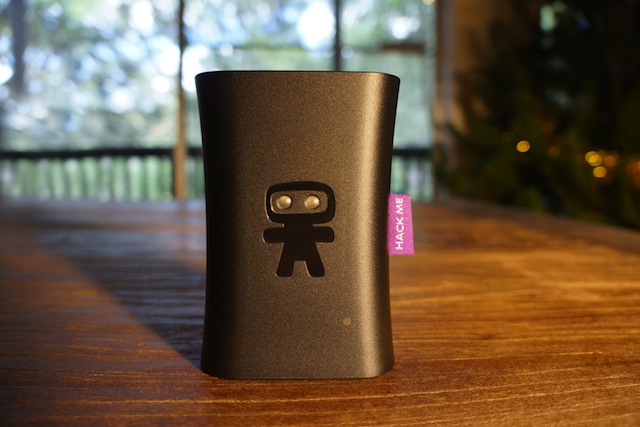What happens when the founder and CEO of one of the world’s biggest tech companies decides to create a genuinely smart home? Facebook’s Mark Zuckerberg spend 2016 finding out.
“My goal was to learn about the state of artificial intelligence — where we’re further along than people realize and where we’re still a long ways off,” Zuckerberg writes in a blog post.
The immediate problem Zuckerberg faced in creating his home made Jarvis automation system was many household appliances are not network ready and for those that are, the proliferation of standards makes tying them together difficult.
For assistants like Jarvis to be able to control everything in homes for more people, we need more devices to be connected and the industry needs to develop common APIs and standards for the devices to talk to each other.
Having jerry rigged a number of workarounds, including a cannon to fire his favourite t-shirts from the wardrobe and retrofitting a 1950s toaster to make his breakfast, Zuckerberg then faced another problem – the user interface.
While voice is presumed to be the main way people will control the smart homes of the future, it turns out that text is a much less obtrusive way to communicate with the system.
One thing that surprised me about my communication with Jarvis is that when I have the choice of either speaking or texting, I text much more than I would have expected. This is for a number of reasons, but mostly it feels less disturbing to people around me. If I’m doing something that relates to them, like playing music for all of us, then speaking feels fine, but most of the time text feels more appropriate. Similarly, when Jarvis communicates with me, I’d much rather receive that over text message than voice. That’s because voice can be disruptive and text gives you more control of when you want to look at it.
Given the lead companies like Amazon, Microsoft, Google and Apple have over Facebook in voice recognition, it’s easy to dismiss Zuckerberg’s emphasis on text, but his view does feel correct. Having a HAL type voice booming through house isn’t optimal when you have a sleeping partner, children or house guests.
Zuckerberg’s view also overlooks other control methods, Microsoft and Apple have been doing much in the realm of touch interfaces while wearables offer a range of possibilities for people to communicate with systems.
The bigger problem Zuckerberg identifies is with Artificial Intelligence itself. At this stage of its development AI struggles to understand context and machine learning is far from mature.
Another interesting limitation of speech recognition systems — and machine learning systems more generally — is that they are more optimized for specific problems than most people realize. For example, understanding a person talking to a computer is subtly different problem from understanding a person talking to another person.
Ultimately Zuckerberg concludes that we have a long way to go with Artificial Intelligence and while there’s many things we’re going to be able to do in the near term, the real challenge lies in understanding the learning process itself, not to mention the concept of intelligence.
In a way, AI is both closer and farther off than we imagine. AI is closer to being able to do more powerful things than most people expect — driving cars, curing diseases, discovering planets, understanding media. Those will each have a great impact on the world, but we’re still figuring out what real intelligence is.
Perhaps we’re looking at the what intelligence and learning from a human perspective. Maybe we to approach artificial intelligence and machine learning from the computer’s perspective – what does intelligence look like to a machine?

Leave a Reply